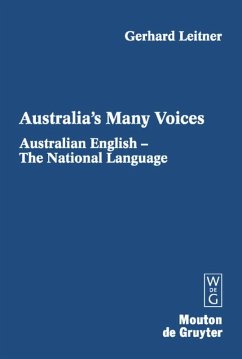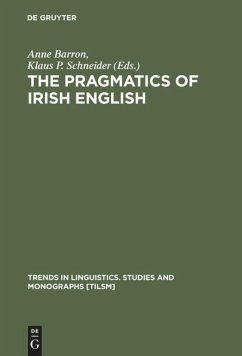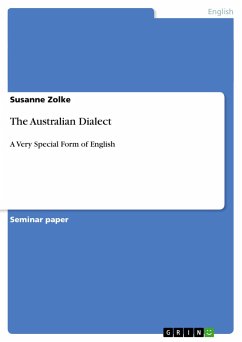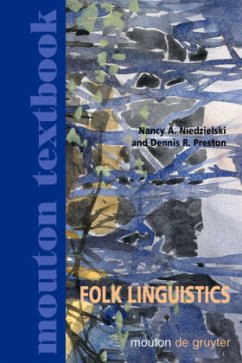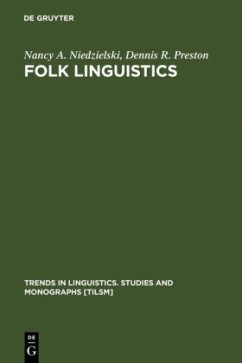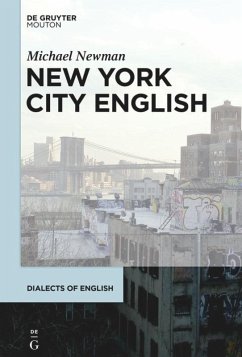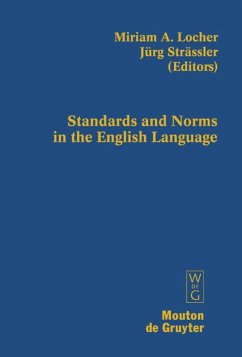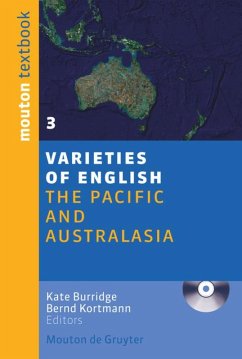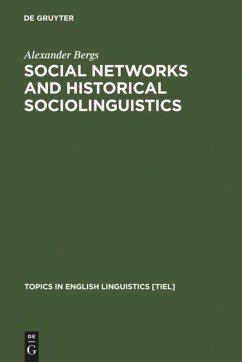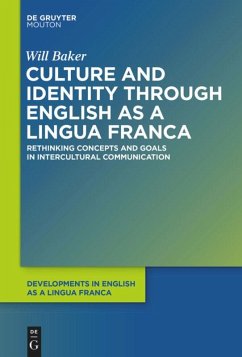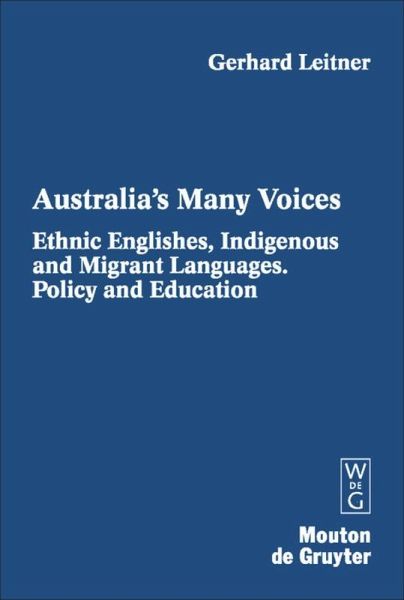
Ethnic Englishes, Indigenous and Migrant Languages
Policy and Education

PAYBACK Punkte
0 °P sammeln!
Australia's Englishes, its indigenous, migrant and contact languages and wide-ranging language policies are well-known. Based on extensive research, Census and other data, this book develops a comprehensive and integrative approach to Australia's language habitat and the transformation of the indigenous habitats since colonization. Linking social history, linguistic development and political and educational perspectives of language policy and planning, it provides a succinct overview of this segment of Australia's many voices and shows how it relates to Australian English, the national language. The book is both of interest for non-specialists with no background in linguistics and specialists from a wide range of language and policy disciplines. Both will find its discursive, non-technical style appealing.
Australia is host to many languages - English, indigenous, migrant, and contact. Its multilingualism, the sociopolitical changes that have been impacting upon them, and its wide-ranging language policy efforts are well-known. What has been missing so far is a comprehensive, integrative study of the entire 'habitat' of languages - the contacts and interactions that have been taking place from the beginning of colonization to the present day with their linguistic outcomes.
This book and its companion, Australia's Many Voices. Australian English - The National Language, develop and apply such an approach. The present book deals with non-mainstream varieties of English, indigenous, migrant, and contact languages. Based on census and other data to 2003, it addresses themes such as language demographics, language shift, and socio-psychological factors that bear upon it. Language change is discussed from the angle of the uprooting of indigenous languages from their original context, of transplantation, and of contact with English. Pidgins and creoles are located inside the Pacific context of the nineteenth century.
This study provides an analysis of language and language-education policies to 2003 and connects this theme with the role of Australian English, the national language. It suggests that Australia's habitat is reaching a new stage of plurilingual tolerance.
The book is of interest for specialists from a wide range of language and policy disciplines. Its discursive, non-technical style makes it accessible to non-specialists with no background in linguistics.
This book and its companion, Australia's Many Voices. Australian English - The National Language, develop and apply such an approach. The present book deals with non-mainstream varieties of English, indigenous, migrant, and contact languages. Based on census and other data to 2003, it addresses themes such as language demographics, language shift, and socio-psychological factors that bear upon it. Language change is discussed from the angle of the uprooting of indigenous languages from their original context, of transplantation, and of contact with English. Pidgins and creoles are located inside the Pacific context of the nineteenth century.
This study provides an analysis of language and language-education policies to 2003 and connects this theme with the role of Australian English, the national language. It suggests that Australia's habitat is reaching a new stage of plurilingual tolerance.
The book is of interest for specialists from a wide range of language and policy disciplines. Its discursive, non-technical style makes it accessible to non-specialists with no background in linguistics.





